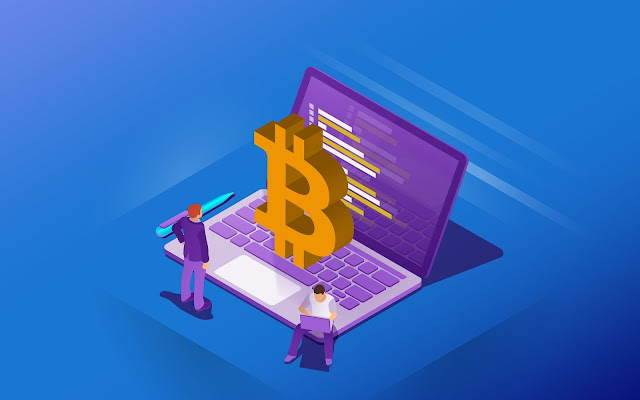Google has updated its Chrome browser by adding a built-in artificial intelligence panel powered by its Gemini model, marking a stride toward automated web interaction. The change reflects the company’s broader push to integrate AI directly into everyday browsing activities.
Chrome, which currently holds more than 70 percent of the global browser market, is now moving in the same direction as other browsers that have already experimented with AI-driven navigation. The idea behind this shift is to allow users to rely on AI systems to explore websites, gather information, and perform online actions with minimal manual input.
The Gemini feature appears as a sidebar within Chrome, reducing the visible area of websites to make room for an interactive chat interface. Through this panel, users can communicate with the AI while keeping their main work open in a separate tab, allowing multitasking without constant tab switching.
Google explains that this setup can help users organize information more effectively. For example, Gemini can compare details across multiple open tabs or summarize reviews from different websites, helping users make decisions more quickly.
For subscribers to Google’s higher-tier AI plans, Chrome now offers an automated browsing capability. This allows Gemini to act as a software agent that can follow instructions involving multiple steps. In demonstrations shared by Google, the AI can analyze images on a webpage, visit external shopping platforms, identify related products, and add items to a cart while staying within a user-defined budget. The final purchase, however, still requires user approval.
The browser update also includes image-focused AI tools that allow users to create or edit images directly within Chrome, further expanding the browser’s role beyond simple web access.
Chrome’s integration with other applications has also been expanded. With user consent, Gemini can now interact with productivity tools, communication apps, media services, navigation platforms, and shopping-related Google services. This gives the AI broader context when assisting with tasks.
Google has indicated that future updates will allow Gemini to remember previous interactions across websites and apps, provided users choose to enable this feature. The goal is to make AI assistance more personalized over time.
Despite these developments, automated browsing faces resistance from some websites. Certain platforms have already taken legal or contractual steps to limit AI-driven activity, particularly for shopping and transactions. This underlines the ongoing tension between automation and website control.
To address these concerns, Google says Chrome will request human confirmation before completing sensitive actions such as purchases or social media posts. The browser will also support an open standard designed to allow AI-driven commerce in collaboration with participating retailers.
Currently, these features are available on Chrome for desktop systems in the United States, with automated browsing restricted to paid subscribers. How widely such AI-assisted browsing will be accepted across the web remains uncertain.













.webp)


